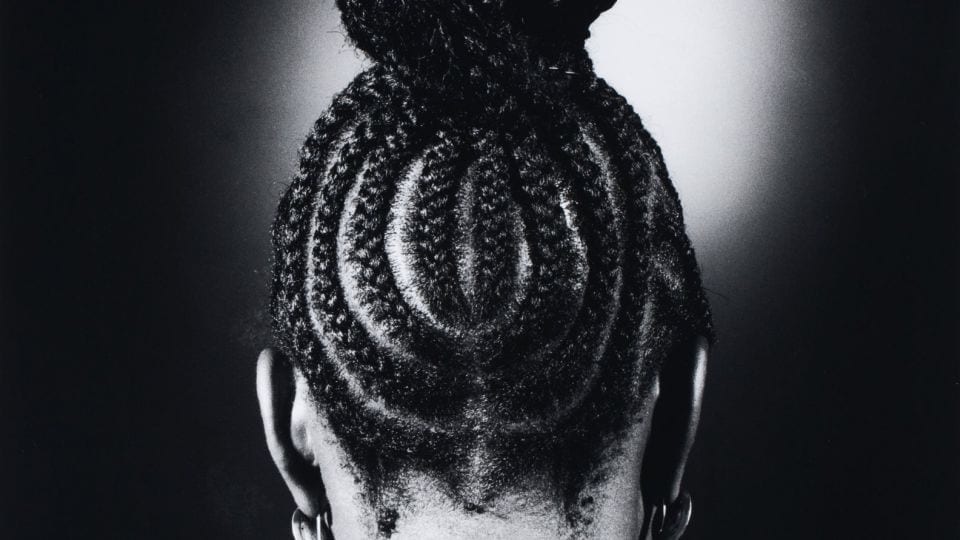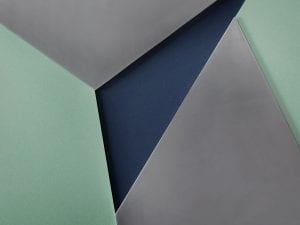There are more than 270 nationalities and 300 languages spoken in London alone. Current and upcoming exhibitions celebrate this diversity, exploring notions of social, national and personal identities through conceptual and documentary photography. Highlighting the experiences of Polish, Black and Asian communities in the UK, as well as internationally, these shows demonstrate the power of the medium to ignite cultural awareness. As Kate Bush, Curator of Family Values: Polish Photography Now at Calvert 22 (until 22 July) notes: “There’s an extremely rich photographic history and culture across east and central Europe… I’m not aware of a Polish photography exhibition in the UK, ever. It felt like a good moment, post-referendum, to celebrate the visual culture of our largest foreign-born community.”

Inspired by pioneering practitioner Zofia Rydet (b. 1911) – one of the many female artists showcased at Calvert 22 – the show responds to the current socio-political moment, exploring the importance of artistic voices when liberal values are under pressure. For example, Rydet’s major piece, entitled Sociological Record (1978), offers a depiction of Poland during the era leading up to the end of communism. The monumental selection comprises 20,000 images, documenting Polish citizens inside their homes. As Bush explains, “the collection is a testament to the power of individuality at a time of state collectivism.”
The intersection between individuality and familial experiences is also investigated. Bush continues: “Several of the artists in the exhibition explore the family as the locus of identity: the place where we become who we are.” For example, Weronicka Gewicka (b. 1984) manipulates archive photographs to question notions of truth and fiction. Traces provides an uncanny depiction of domestic family space, generating haunting scenes through postproduction and surrealism. As Bush explains, Gewicka produces an “abstracted image of the family as a place not of nurture and comfort, but of estrangement and possible threat.”

In a similar way, Another England at NOW Gallery (from 10 October) offers insight into the home and working life of Black and Asian communities in the UK. Addressing questions of representation in the arts – and the wider world – through historical and contemporary narratives, the show reveals the origins of diasporic migration whilst investigating concepts of multiculturalism and intersectionality. As Kaia Charles, Cultural Projects Manager, says, “The show signifies stories and images underrepresented in England’s collective history. Whilst celebrating multiculturalism, we aspire to provoke open and honest dialogue about the lack of Black and Asian heritage represented over the last century.”
Drawing a comprehensive picture, Foam Amsterdam’s Structures of Identity – Photography from The Walther Collection (until 29 August) demonstrates how practitioners from diverse time periods and backgrounds use portraiture to critique stereotypical ideas about gender, race, class and nationality. Like Family Values, the collection focuses on the relationship between selfhood and cultural identity, highlighting the socially responsive nature of photography. Featured are iconic images by August Sander (1876-1964), Richard Avedon (1923-2004) and J.D. Ojeikere (1930-2014), alongside recent works by Yto Barrada (b. 1971), Samuel Fosso (b. 1962), Zanele Muholi (b. 1972) and Guy Tillim (b. 1962).

Ojeikere’s, series, initiated in 1968, documents over 1000 Nigerian hairstyles and head ties. Including both popular and ceremonial styles, the body of work is culturally, anthropologically and historically significant, highlighting the significance of hair as a cipher for collective and personal identities.
These featured shows offer a wide-angled look at life in the UK and further afield, shedding light on a diversity of cultural practice and experience often overlooked Each collection positions photography as an agent for change, demonstrating how the medium can be used to “create a portrait of a nation at an important moment in its history.”
Credits:
1. Untitled [Hairstyle], 1966-75 © J.D. ‘Okhai Ojeikere. Courtesy The Walther Collection and Galerie Magnin-A, Paris
2. Image courtesy Weronika Gęsicka
3. 1962-64, Speaker’s Corner, Hyde Park, Copyright Historic England
4. Image courtesy Weronika Gęsicka





